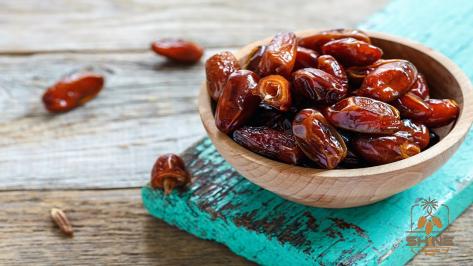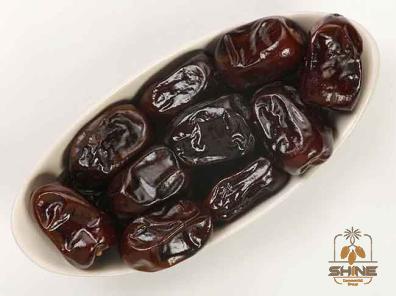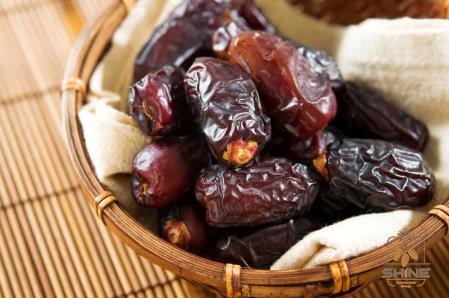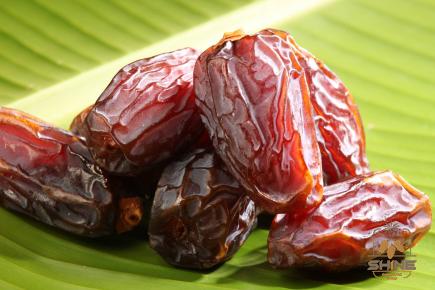When it comes to dates, there are two types that often intrigue the taste buds of fruit lovers – Dry dates and Soft dates. These small, sweet fruits pack a punch in terms of taste and nutrition. But what sets them apart? In this article, we delve deep into the world of dates to uncover their differences, benefits, and culinary uses. So grab a cup of tea and join us on this flavorful journey! 1. What are Dry Dates? Dry dates, also known as cured dates, are one of the oldest cultivated fruits in the world. They are obtained by drying fresh dates to remove their moisture content, resulting in a chewy and caramel-like texture. This drying process intensifies their flavor and extends their shelf life. Originally hailing from the Middle East, dry dates are now enjoyed and exported globally.

.
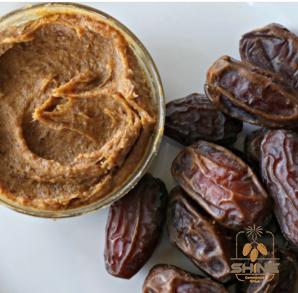 2. Soft Dates: A Luxurious Delight Soft dates, on the other hand, are plump and juicy. They retain their moisture content and have a soft texture, making them melt in your mouth with each bite. These dates are harvested and consumed when they are still fresh and have a higher water content. Soft dates are often referred to as “wet dates” due to their juicy nature and are treasured for their delicate sweetness.
2. Soft Dates: A Luxurious Delight Soft dates, on the other hand, are plump and juicy. They retain their moisture content and have a soft texture, making them melt in your mouth with each bite. These dates are harvested and consumed when they are still fresh and have a higher water content. Soft dates are often referred to as “wet dates” due to their juicy nature and are treasured for their delicate sweetness.
..
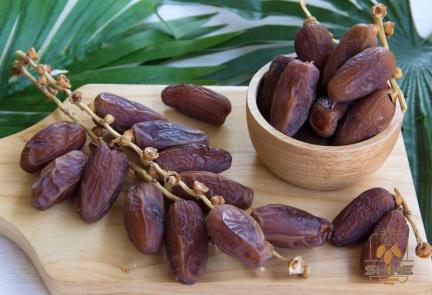 3. Flavor Profile Comparison Dry dates have a rich, deep taste with caramel undertones. They offer a delightful blend of sweetness and a slightly chewy texture. Their flavor is often described as earthy, intense, and slightly reminiscent of dried figs. On the other hand, soft dates are exceptionally sweet, with a smoother and more juicy consistency. They have a milder flavor profile compared to dry dates, with notes of honey and syrupy goodness. Soft dates are incredibly versatile in the kitchen due to their softness, making them popular for creating delectable desserts and confections. 4. Nutritional Showdown: Dry Dates vs Soft Dates Both dry dates and soft dates boast an impressive nutritional profile, making them an excellent addition to a healthy diet. Let’s compare their key nutritional components: i. Fiber Content: Fiber plays a crucial role in maintaining digestive health. Dry dates are higher in fiber content compared to soft dates. A 100g serving of dry dates provides around 6-7 grams of fiber, while the same serving size of soft dates offers approximately 2-3 grams of fiber. ii. Sugar Content: Dates are naturally high in sugar, providing an energy boost when needed. However, it’s important to consume them in moderation, especially for individuals with diabetes or those watching their sugar intake. Dry dates have a slightly lower sugar content compared to soft dates, making them a suitable option for those looking for a more controlled sugar consumption.
3. Flavor Profile Comparison Dry dates have a rich, deep taste with caramel undertones. They offer a delightful blend of sweetness and a slightly chewy texture. Their flavor is often described as earthy, intense, and slightly reminiscent of dried figs. On the other hand, soft dates are exceptionally sweet, with a smoother and more juicy consistency. They have a milder flavor profile compared to dry dates, with notes of honey and syrupy goodness. Soft dates are incredibly versatile in the kitchen due to their softness, making them popular for creating delectable desserts and confections. 4. Nutritional Showdown: Dry Dates vs Soft Dates Both dry dates and soft dates boast an impressive nutritional profile, making them an excellent addition to a healthy diet. Let’s compare their key nutritional components: i. Fiber Content: Fiber plays a crucial role in maintaining digestive health. Dry dates are higher in fiber content compared to soft dates. A 100g serving of dry dates provides around 6-7 grams of fiber, while the same serving size of soft dates offers approximately 2-3 grams of fiber. ii. Sugar Content: Dates are naturally high in sugar, providing an energy boost when needed. However, it’s important to consume them in moderation, especially for individuals with diabetes or those watching their sugar intake. Dry dates have a slightly lower sugar content compared to soft dates, making them a suitable option for those looking for a more controlled sugar consumption.
…
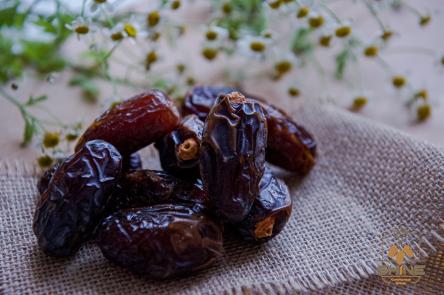 iii. Vitamin and Mineral Content: Both dry dates and soft dates are excellent sources of essential vitamins and minerals. They are particularly rich in potassium, magnesium, and B vitamins. These nutrients play vital roles in maintaining various bodily functions, including nerve function, muscle contraction, and energy metabolism. 5. Health Benefits Galore Dates, whether dry or soft, bring a plethora of health benefits to the table. Here are a few reasons why you should consider incorporating them into your diet: i. Digestive Health: Dates are packed with fiber, which helps promote regular bowel movements and prevents constipation. The fiber in both dry and soft dates acts as a prebiotic, nourishing the beneficial bacteria in your gut and promoting a healthy digestive system. ii. Heart Health: Dates are naturally cholesterol-free and contain minimal fat. They are also rich in potassium, a mineral that helps regulate blood pressure and reduce the risk of heart disease. Regular consumption of dates, both dry and soft, has been linked to improved heart health. iii. Bone Strength: Dates contain minerals like calcium, magnesium, and phosphorus, which are crucial for maintaining optimal bone health. These minerals contribute to bone density and strength, reducing the risk of osteoporosis and fractures.
iii. Vitamin and Mineral Content: Both dry dates and soft dates are excellent sources of essential vitamins and minerals. They are particularly rich in potassium, magnesium, and B vitamins. These nutrients play vital roles in maintaining various bodily functions, including nerve function, muscle contraction, and energy metabolism. 5. Health Benefits Galore Dates, whether dry or soft, bring a plethora of health benefits to the table. Here are a few reasons why you should consider incorporating them into your diet: i. Digestive Health: Dates are packed with fiber, which helps promote regular bowel movements and prevents constipation. The fiber in both dry and soft dates acts as a prebiotic, nourishing the beneficial bacteria in your gut and promoting a healthy digestive system. ii. Heart Health: Dates are naturally cholesterol-free and contain minimal fat. They are also rich in potassium, a mineral that helps regulate blood pressure and reduce the risk of heart disease. Regular consumption of dates, both dry and soft, has been linked to improved heart health. iii. Bone Strength: Dates contain minerals like calcium, magnesium, and phosphorus, which are crucial for maintaining optimal bone health. These minerals contribute to bone density and strength, reducing the risk of osteoporosis and fractures.
